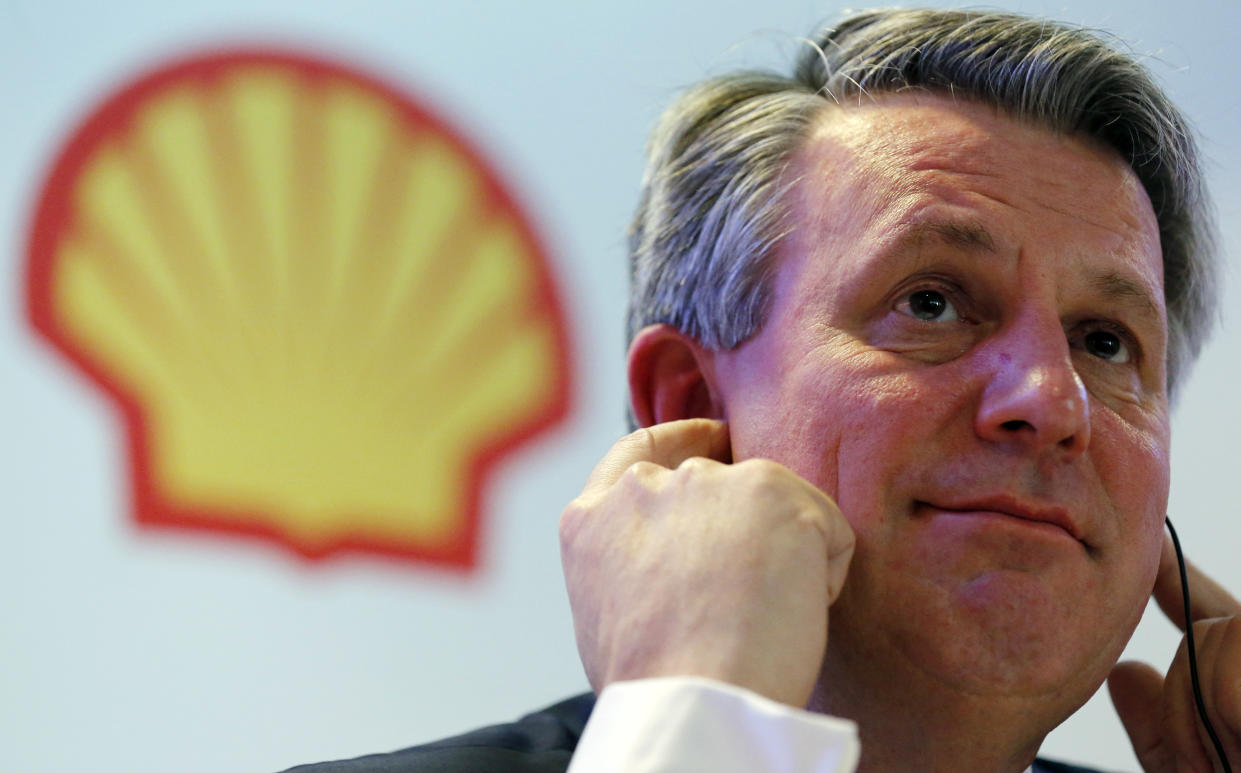Court rules oil company must cut carbon emissions

A Dutch court ruled on Wednesday that Royal Dutch Shell, one of the world's largest oil companies, must significantly reduce carbon emissions over the next nine years in order to comply with global targets laid out in the Paris Agreement on climate change.
The decision by a district court in the Hague is the first ruling that compels a company to reduce greenhouse gas emissions, which scientists say are pushing global temperatures higher and causing a wide range of catastrophic consequences. The court ruled that Royal Dutch Shell must cut its carbon emissions 45 percent by 2030 from 2019 levels, far greater than the company’s standing pledge to cut emissions by 20 percent by 2030.
“This is a turning point in history,” Roger Cox, a lawyer for Friends of the Earth Netherlands, one of seven environmental groups that brought the lawsuit, said after the verdict was read. “This case is unique because it is the first time a judge has ordered a large polluting corporation to comply with the Paris climate agreement. This ruling may also have major consequences for other big polluters."
In a statement, a spokesperson for Shell said the company planned to appeal the decision.
"We are investing billions of dollars in low-carbon energy, including electric vehicle charging, hydrogen, renewables and biofuels. We want to grow demand for these products and scale up our new energy businesses even more quickly. We will continue to focus on these efforts and fully expect to appeal today’s disappointing court decision," the statement said.
The Paris Agreement, the 2015 treaty that has been signed by 197 countries, lays out ambitious targets for cutting greenhouse gas emissions with the goal of keeping global average temperatures from rising above 1.5 degrees Celsius. Beyond that threshold, climate scientists say, a domino effect would hasten the melting of polar ice caps, cause dramatic sea level rise, worsen wildfires and usher in an era of mass extinction for wildlife.

With little time to act before temperatures will surpass the 1.5 degree benchmark, activists have ramped up their efforts to hold oil companies accountable for climate change. On Wednesday, Exxon was forced to suspend a meeting of its shareholders after an activist investment firm mounted a campaign to pressure the company’s board to reposition its business and combat climate change.
“Over the past decade, the company has failed to evolve in a rapidly changing world, resulting in significant underperformance to the detriment of shareholders and risking long-term value destruction,” the activist firm, Engine No. 1 LLC, said in a proposal presented at a meeting of shareholders on Wednesday. “We believe that to address this underperformance, the company must commit to evolve and chart a long-term strategic plan for sustainable value creation.”
The United States Supreme Court sided with oil companies, including Shell, BP, ExxonMobil and Chevron, that are being sued by the city of Baltimore over the marketing of fossil fuels and that had sought to have their case heard in federal court.
Earlier this month, the International Energy Agency released a report saying the world must undergo “a total transformation of the energy systems that underpin our economies” in order to solve the climate crisis. The report said that, in addition to other measures, human beings would need to stop using gasoline-powered cars within 14 years in order to keep global temperatures from surpassing the 1.5-degree-Celsius threshold over preindustrial temperatures.
"Global carbon dioxide emissions are already rebounding sharply as economies recover from last year’s pandemic‐induced shock,” the report stated. “It is past time for governments to act, and act decisively to accelerate the clean energy transformation.”
____
Read more from Yahoo News:


